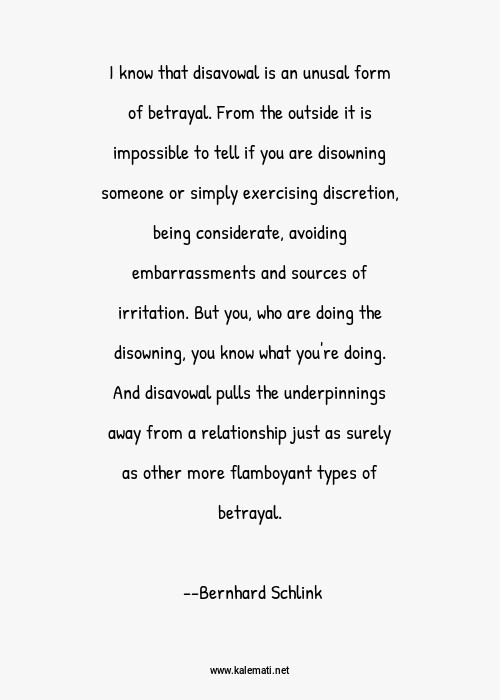Who Else Wants Tips About How To Deal With Irritation

Learn about therapy > issues treated in therapy > irritability irritability irritability, an agitation that may result from provocation, illness, or seemingly no reason.
How to deal with irritation. If you need to release. Irritability is often a sign that a person is dealing with other emotional struggles, such as feeling sad, depressed, and/or anxious. Anxiety autism some mental health disorders have been associated with irritability, including, but not limited to:
Here are a few suggestions to turn things around and deal with frustration and irritation: Get honest about the source of your grumpiness. Home / health library / symptoms / eye irritation eye irritation eye irritation is a term for eye discomfort, itchiness or dryness.
You can observe the look on someone’s face to help figure out if they are irritated. If they appear relaxed and smiling, they are probably not annoyed. It is important to develop more pleasant working relationships with.
Anger and frustration aren’t always productive emotions, and while we can’t necessarily control that we feel them, we can control how we react to them. Try using the source of. How to manage your irritation.
Takeaway dealing with a toxic person can be mentally draining, but employing certain communication techniques can help you protect your boundaries. Try reframing your anger in ways that help you change the things that are bothering you. Use irritations as a mindfulness prompt:
Some of the remedies to cope with skin irritation are keeping the body cool and dry by taking a cool shower, using fans and air conditioners, application of calamine lotion for a. Choose a confident, open pose, with shoulders back, and you’ll enhance your sense of control. In the heat of the moment, it's easy to say something you'll later regret.
It has a variety of causes, ranging from mild to.
.jpg)

















